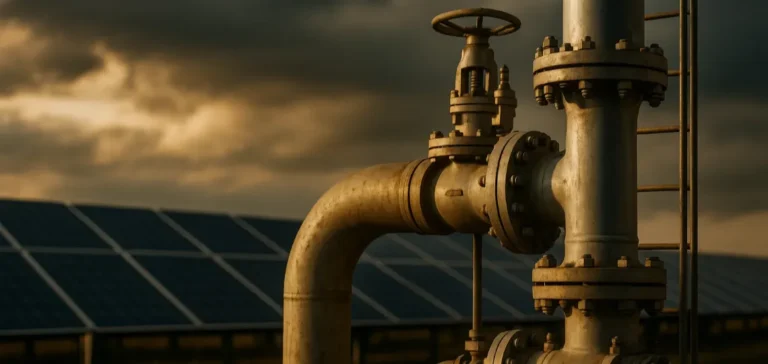The latest edition of the National Energy Study released by public affairs firm Davies Group shows high levels of approval among the American public for a wide range of energy sources. According to the survey, 84% of respondents hold a favourable view of solar energy, while 82% express support for natural gas, confirming its status as the most backed fossil energy source nationwide.
Conducted in summer 2025 among nearly 800 American citizens, the study also reveals that land-based wind energy enjoys a 75% approval rate, while hydrogen (72%) and offshore wind (71%) continue to gain legitimacy. Traditional fossil fuels such as oil (63%) and coal (52%) still hold majority support, along with nuclear energy (51%), which remains a debated option despite improved perception over previous years.
Growing consensus around emerging technologies
The report notes improved public perception of emerging energy technologies such as hydrogen, battery storage, and next-generation nuclear reactors. These findings indicate, according to the study’s authors, a growing willingness to accept hybrid solutions that enhance energy security and grid resilience.
“These results confirm that Americans want more energy from a range of sources, not fewer,” said John Davies, Founder, Chief Executive Officer and Chairman of Davies Group. He added that political divisions have limited influence on energy preferences as long as projects are perceived as beneficial at the local level.
Approval hinges on local anchoring
The study emphasises the importance of local dynamics in determining the acceptance of energy projects. While the national data show strong support, the viability of each project depends largely on how it is perceived by the communities directly affected. According to Davies, the success of an energy project relies on a transparent, context-driven communication strategy from the outset.
Davies Group, which specialises in strategic support for energy developments, states that its six-step public engagement model enables developers to anticipate objections, identify key influencers, and strengthen project legitimacy before regulatory authorities.
Impact on policy and regulatory decisions
This level of public support, observed across a broad range of technologies, may influence upcoming legislative decisions, particularly in budget allocations between renewable subsidies, fossil infrastructure support, and innovation incentives. Energy developers could rely on these findings to adapt their deployment strategies and institutional positioning.
Davies Group points out that the evolving nature of public opinion requires regular reassessment of communication priorities, tailored to the local context and specific sensitivities of target areas.






















